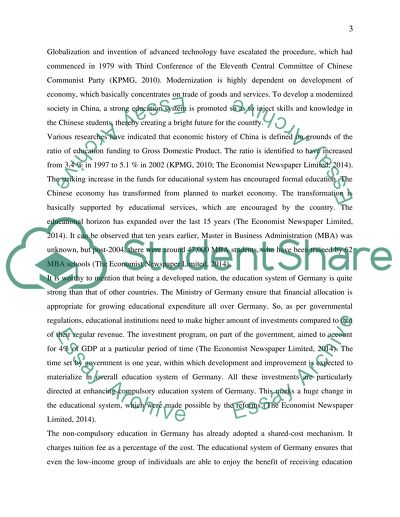Cite this document
(“Education in Germany vs Education in China Essay”, n.d.)
Education in Germany vs Education in China Essay. Retrieved from https://studentshare.org/education/1646787-education-in-germany-vs-education-in-china
Education in Germany vs Education in China Essay. Retrieved from https://studentshare.org/education/1646787-education-in-germany-vs-education-in-china
(Education in Germany Vs Education in China Essay)
Education in Germany Vs Education in China Essay. https://studentshare.org/education/1646787-education-in-germany-vs-education-in-china.
Education in Germany Vs Education in China Essay. https://studentshare.org/education/1646787-education-in-germany-vs-education-in-china.
“Education in Germany Vs Education in China Essay”, n.d. https://studentshare.org/education/1646787-education-in-germany-vs-education-in-china.


